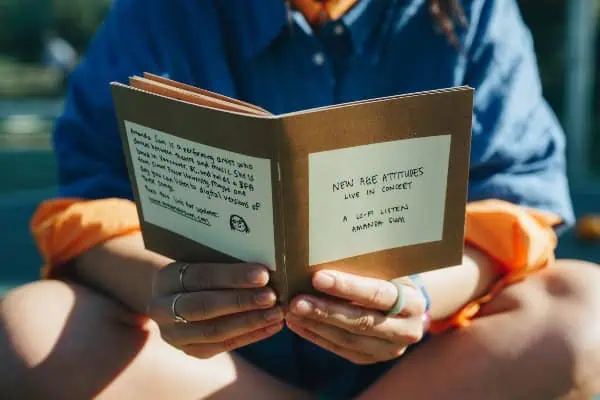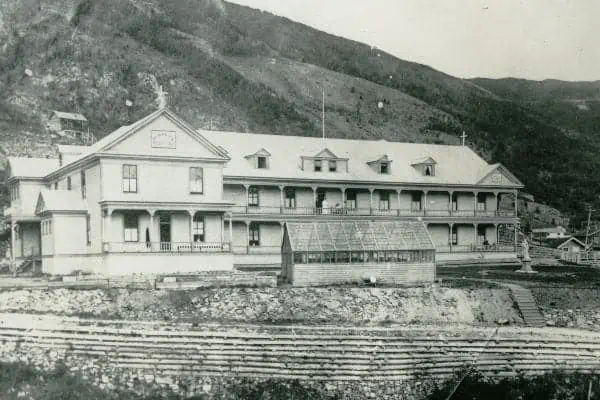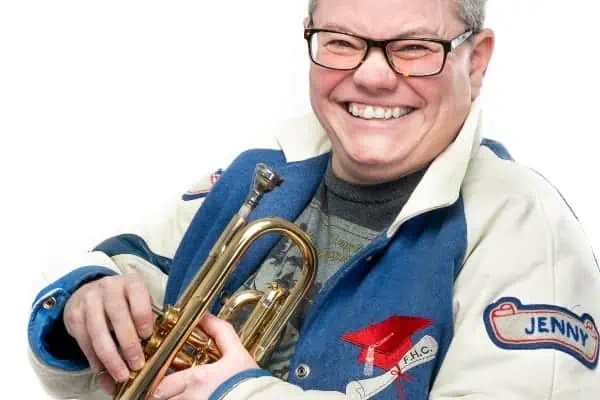It was a Monday evening in June, before solstice. At nine o’clock, the sun was shining hot. Dallas-rae Gaven was reading in her bathhouse-cum-cabin on her parents’ property in Goring Creek. She was recovering from what she refers to as her ‘wrecking ball’ weekend — there had been a wedding in Dawson, and there was The Pit.
Her brother, Reid, was messing around the yard. They wanted to do something — Reid was leaving for work the next morning — but were both in lazy states.
They noticed the canoe, their mom’s in the yard. They figured they might as well paddle down the Klondike.
Dallas hadn’t been yet this year. She said friends had been asking her to take them out, but she hadn’t — not for any reason, although she did know the high water in the fast flowing, narrow river made it sketchy this time of year. But Reid was a perfect paddling partner.
They made arrangements to have their dad pick them up. They put in just before the Dempster turn-off. It would be a few hours’ paddle.
They didn’t bring much. Dallas threw her phone and a sweater in a dry bag, and Reid had his phone in a Pelican case in the pocket of his Carhartts. He unzipped the armpit vents in his windbreaker—it was warm. Dallas was wearing jeans, a t-shirt, glasses and a baseball cap.
The Gavens grew up in Goring Creek, on the Klondike Highway, about a 45-minute drive from Dawson City. Dallas knows the Klondike River — she knows its corners, and she keeps track of logjams from year-to-year. She doesn’t usually wear jeans when she’s out on the water, and she and Reid planned to put their lifejackets back on once they got close to the logjam around a corner, about an hour down the river from where they put in.
Their lifejackets were a faded orange and yellow, square-shaped and bulky, and Dallas had to fold hers over itself and cinch it down, but even still, with the bulk of it she could only steer in her stern seat with arms fully extended. They were hot and uncomfortable and left their lifejackets loose in the canoe’s hull.
The boat was too big, they were too light in it, it barely skimmed the surface of the Klondike. The river corners were tight, the sun slanted low and beamed off the water. Dallas said all she could see was golden light, and when they flipped, it happened fast.
But so slow — they dumped upstream so water filled the boat — slowly, but too fast to right.
They lost their lifejackets from the ‘80s. Dallas held onto her paddle, Reid lost his. Dallas said she saw the fear of death in her brother’s eyes. He went under, water flooded into his jacket via his open armpit vents. She said she could see his jacket ballooning. He said later he could feel the weight of the water pulling him down.
The panic in his eyes kept Dallas-rae calm. She didn’t go under, her cap and glasses stayed dry and in place. Her jeans were heavy.
If she knew one thing, Dallas knew she couldn’t let go of the canoe. The Klondike River flows fast, dark and deep where they dumped. Dallas says the shore wasn’t too far, maybe 20 feet away, but there was no way they could swim to it, not with the canoe.
Dallas told Reid to take a minute to breath. He was floating backward down the river, his body under the canoe. She knew he was in a bad place.
Dallas breathed, too, she calmed herself and came up with a plan — she’d straddle the upside-down canoe and steer them to shore.
As she hoisted herself onto the vessel, Dallas saw a ripple ahead, the river was changing — there was log below the surface, and the water wasn’t as deep. Dallas said it wasn’t a sandbar, but it reminded her of one.
She yelled at Reid to help her turn the canoe, they’d snag it on the submerged log.
Once their mom’s canoe was perpendicular against the force of the Klondike, Dallas and Reid climbed onto the roots of the deadhead. They couldn’t stop laughing. They did deep squats. Dallas said her blood coursed with adrenaline.
She says if she hadn’t have been with Reid, there’s no way she could’ve righted the canoe and emptied it. She is strong enough to do it, but she said it took all of her (considerable) human strength to hold onto the bowline against the current.
They did it, though, they righted the canoe and with Reid in the stern, now, they nosed along with the current. Dallas sat low in the boat.
They were in the shadows; the trees hid the slanty night sun. It was dark and cold. But the affects of the adrenaline persisted.
Dallas said she almost died, and “I’m frequently in life-and-death situations, but this was a little close for me.”
They turned a corner and the river widened, the sun hit the water again, and everything calmed down. The shore was mossy and green, and they spotted a cow moose. Reid started yelling at Dallas; under the momma moose was the freshest calf they’d ever seen.
They couldn’t stop whooping.




